By Mike Wilmington and Film Noir Blonde
The Noir File is FNB’s guide to classic film noir, neo-noir and pre-noir from the schedule of Turner Classic Movies (TCM), which broadcasts them uncut and uninterrupted. The times are Eastern Standard and (Pacific Standard).
PICK OF THE WEEK
“Ace in the Hole” (1951, Billy Wilder). Friday, May 17, 8 p.m. (5 p.m.).
In the Golden Age of Hollywood and film noir, no one was better than Kirk Douglas at playing anti heroes, heels and villains. In movies like “Champion,” “The Bad and the Beautiful,” “I Walk Alone” and “Out of the Past,” he channeled the amoral climber who knifes you with a smile, or steps on almost everyone on his way to the top. The best (or worst) of all Douglas’s movie heels is Chuck Tatum in Billy Wilder’s “Ace in the Hole” – a slick-operator star newspaper reporter who messes up, gets exiled from his big-city paper and is now stuck in Albuquerque, N.M., in a desert dead-end.
When Chuck learns of a local miner named Leo Mimosa trapped in a cave-in in a Native American holy area, he sees a chance to ratchet up the drama and revive his career. A master manipulator, Chuck talks Leo and his rescuers into taking a longer, more dangerous escape route, then plays the story to the hilt, planning to sell it to the big outlets back east. With Leo’s life on the line and the clock ticking, this master of hype and hoopla turns the story into a circus and the circus into a nightmare.
Chuck Tatum, brought to stinging life by Douglas, was the brainchild of Billy Wilder, who had just dissolved his decades-long writing partnership with Charles Brackett after their hit, “Sunset Blvd.” Walter Newman, who later wrote “The Man with the Golden Arm” and “Cat Ballou,” was one of Wilder’s new co-writers and, though they never collaborated again, Wilder must have liked some of what they did.
Many times, Wilder cited “Ace in the Hole” as one of his favorites among his films, “the runt of my litter” as he affectionately called it. The runt is one of the darkest of all Wilder’s films: a portrait of American society, culture and media, a ruthless exposé of Tatum and his fellow opportunists.
The more conservative Brackett (who had refused to work with Wilder on “Double Indemnity”) had been something of a brake on Billy’s cynicism, which is fully unleashed here. Perhaps Brackett had a point. Many critics and audiences in 1951 didn’t much care for the acrid darkness and lacerating social indictment of Wilder’s “Ace in the Hole,” which was such a flop that it had to be pulled and re-released as “The Big Carnival.”
It didn’t come to be regarded as a classic of American cinema and social criticism until years later. Maybe the picture was just too noir for ’50s moviegoers. But it’s not too noir for us.
3 p.m. (12 p.m.): “Where Danger Lives” (1953, John Farrow). Love on the run, with infatuated Bob Mitchum falling for dangerous Faith Domergue, and the two of them heading for Mexico. A standard but engrossing “femme fatale” noir, from the director of “The Big Clock.”
8 p.m. (5 p.m.): “Ace in the Hole” (1951, Billy Wilder). See PICK OF THE WEEK.
2 a.m. (11 p.m.): “Our Man in Havana” (1960, Carol Reed). The third of the three film thriller collaborations between writer Graham Greene and director Carol Reed. (The others are “The Third Man” and “The Fallen Idol.”) It’s also the least admired by critics, and the team’s only comedy, with Alec Guinness playing a British vacuum cleaner salesman in Cuba inexplicably involved in a batty spy intrigue. The crack cast also includes Maureen O’Hara, Ralph Richardson, Ernie Kovacs, Noel Coward and Burl Ives.
4 a.m. (1 a.m.): “Autumn Leaves” (1956, Robert Aldrich.) With Joan Crawford, Cliff Robertson and Vera Miles. Reviewed on FNB December 4, 2012.
Sunday, May 19
12 p.m. (9 p.m.): “Johnny O’Clock” (1947, Robert Rossen). Rossen’s directorial debut: a solid noir with a gambling backdrop and a vintage tough Dick Powell performance.
6 p.m. (3 p.m.): “Leave Her to Heaven” (1945, John M. Stahl). With Gene Tierney, Cornel Wilde, Jeanne Crain and Vincent Price. Reviewed on FNB April 18, 2013.
3 p.m. (12 p.m.): “Night Must Fall” (1937, Richard Thorpe). Emlyn Williams’ famed suspense play about a seductive young psycho (Robert Montgomery) and his rich lady target (Dame May Whitty) is given a plush MGM treatment. With Rosalind Russell. [Read more…]
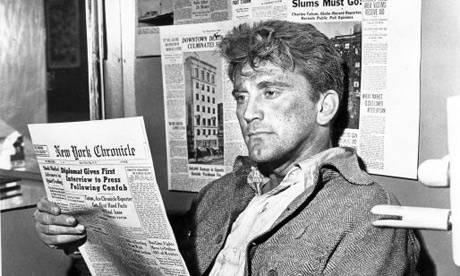
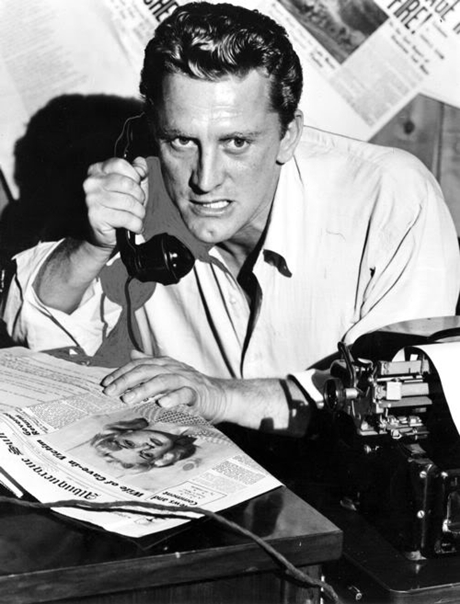
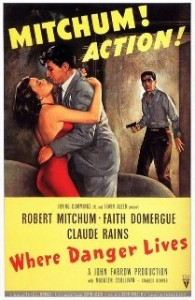
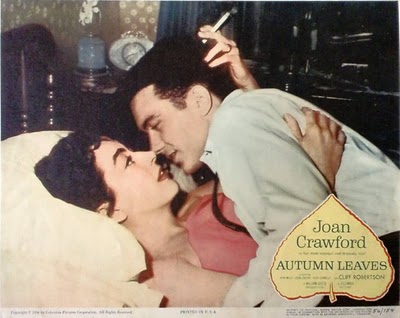






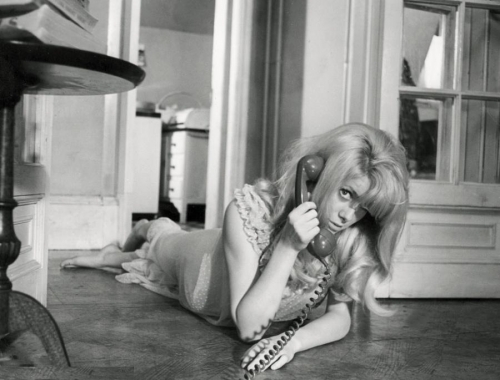
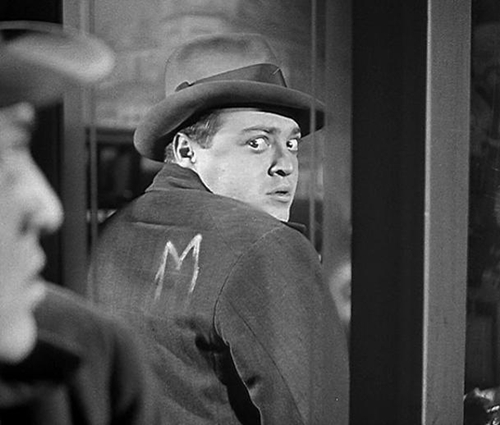
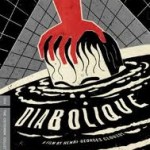
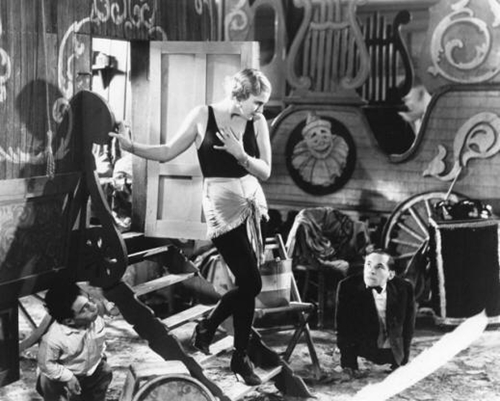





From FNB readers